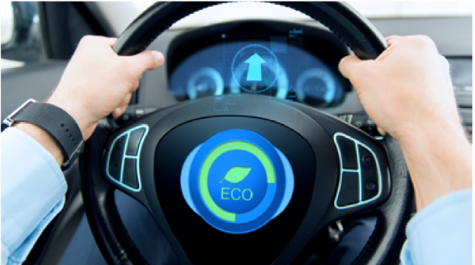
By reducing gas emissions, improving safety on the road and reducing congestion, eco-driving benefits both health and environment. In this line, the Partnership on eco-driving developed first by the PEP Steering Committee in 2012 and officially launched in 2014 aims to support national and local actors by providing guidelines and tools to promote it. Thanks to a partnership, it is possible to exchange best practices and experiences, enhance technical collaboration between members, develop training guidelines and certification criteria for driving schools.
Eco-driving:
- Saves energy and reduces greenhouse gas emissions
- Reduces health risks from hazardous air pollutants
- Is compatible with the latest engine types and reduces the cost of their maintenance
- Enhances traffic safety by a forward looking, relaxed driving style.
Objective and scope
THE PEP Partnership on Eco-Driving aims to support eco-driving at the national and local levels through guidelines and tools. More specifically it aims to:
- Disseminate best practices on eco-driving, including examples of eco-driving for trucks, buses and agricultural tractors
- Exchange experiences among partners interested in promoting eco-driving for professional and non-professional drivers
- Provide opportunities for testing eco-driving approaches, notably within the context of THE PEP relay-race workshops and other international and national conferences and events
- Promote technical twinning programmes between interested partners
- Develop criteria for certification schemes and training materials for trainers and driving schools
- Also develop approaches to assess the effectiveness of eco-driving and the successful continuation of eco-driving behaviour over time.
Partners and target groups
The Partnership addresses the following target groups:
- Representatives from member States for energy efficiency in transport
- European fleet operators
- International financial institutions
- European Commission
- Relevant international organizations
The initial partners are:
- Austrian Ministry of Sustainability and Tourism (coordinator)
- Russian Federation’s Ministry of Transport and the Scientific and Research Institute of Motor Transport
- Swiss Federal Office for Transport.


